Deep Dive into Ken's Message from July 6, 2025
BIBLE STUDY QUESTIONS
- Read Luke 12:35-46. What strikes you most about Jesus’ teaching on being ready for His return? Why do you think Jesus used the imagery of servants waiting for their master?
- Reflect on the Italian castle story. The manager said the estate was ready for the owner to return “today,” not just “tomorrow.” What’s the difference between these two attitudes, and how does this apply to our spiritual readiness?
- Consider Jesus’ warning about servants who think “My master won’t be back for a while” (v. 45). In what areas of your life are you tempted to live as if you’re the master rather than the servant? How can you guard against this?
- The sermon mentions believing in an “ordinary God” versus an active, present God. How does your view of God’s involvement in daily life affect the way you live? Give specific examples.
- Jesus always places servants in groups, never alone. How has being part of a church community helped you stay spiritually alert? What happens when Christians try to “go it alone”?
- The sermon emphasizes “cultivating relationships in the body of Christ.” What practical steps can you take to deepen your connections with other believers beyond just attending services?
- “Nothing will keep you more ready than to regularly engage with lost people about Jesus.” Why do you think sharing the gospel keeps us spiritually sharp? How comfortable are you with naturally mentioning Jesus in everyday conversations?
- Consider the two monks story – one wanting to climb the mountain to meet the Lord, the other wanting to go to the valley to bring others. Which approach do you naturally lean toward, and why might we need both?
- Read Galatians 3:26-27 and Colossians 3:12-17. What does it mean to be “clothed with Christ” both at baptism and in daily living? How do these “wedding clothes” prepare us for Jesus’ return?
- The sermon lists five ways to be “ever ready.” Which of these five areas (recognizing Jesus as Master, community involvement, evangelism, faithful service, or spiritual
- Think about your “assigned duties” while waiting for Jesus. What specific work has God given you to do in His kingdom? How can you be more faithful in these responsibilities?
- The sermon ends with children at Shepherd’s Home pressing their faces against windows, looking for Jesus. How can we cultivate that same eager anticipation for Christ’s return in our sophisticated adult lives? What would change if you truly expected Jesus to return today?
DISCUSSION QUESTIONS
- What’s your natural reaction when you hear about Jesus’ second coming? Do you feel excitement, anxiety, curiosity, or something else? Why do you think people have such varied responses to this topic?
- The sermon contrasts the Italian castle manager’s readiness with the scientists on Mt. Saint Helens. Share about a time when you were either perfectly prepared for something or completely caught off guard. What made the difference?
- Ken says many people believe in a “delinquent God” who is distant and uninvolved. How would you describe your current relationship with God? Do you see Him as actively present in your daily life or more hands-off?
- “I’m not the master; I’m the servant and the master is coming back.” In what areas of your life do you struggle most with remembering you’re not in ultimate control? How might this perspective change your approach to challenges?
- Jesus never leaves servants alone in His parables – they’re always in groups. How has community helped you through difficult seasons? What makes it hard for some people to embrace church involvement beyond just attending services?
- The sermon emphasizes not just attending church but being “connected and involved.” What’s the difference between being a church member and being part of a church family? Share an example from your own experience.
- “Nothing will keep you more ready than to regularly engage with lost people about Jesus.” What makes evangelism feel natural versus forced? How comfortable are you with conversations about faith in everyday settings?
- Consider the two monks – one wanting to meet the Lord on the mountain, the other wanting to bring people from the valley. Which approach resonates more with your personality? How can we balance personal spiritual growth with reaching others?
- The wedding guest parable seems harsh to modern ears. How do you reconcile Jesus’ love and acceptance with His call for spiritual preparation? What does “proper wedding attire” look like in practical terms?
- Colossians 3:12-17 describes the “clothes” we should wear daily. Which of these qualities (mercy, kindness, humility, gentleness, patience, forgiveness, love) comes most naturally to you? Which is most challenging?
- The sermon outlines five practical ways to be “ever ready.” If you could focus on improving in just one area over the next month, which would you choose and why? What specific steps would you take?
- The children at Shepherd’s Home pressed their faces against windows looking for Jesus daily. What would it look like for you to live with that same eager anticipation? How might your daily routine change if you truly expected Jesus could return today?

